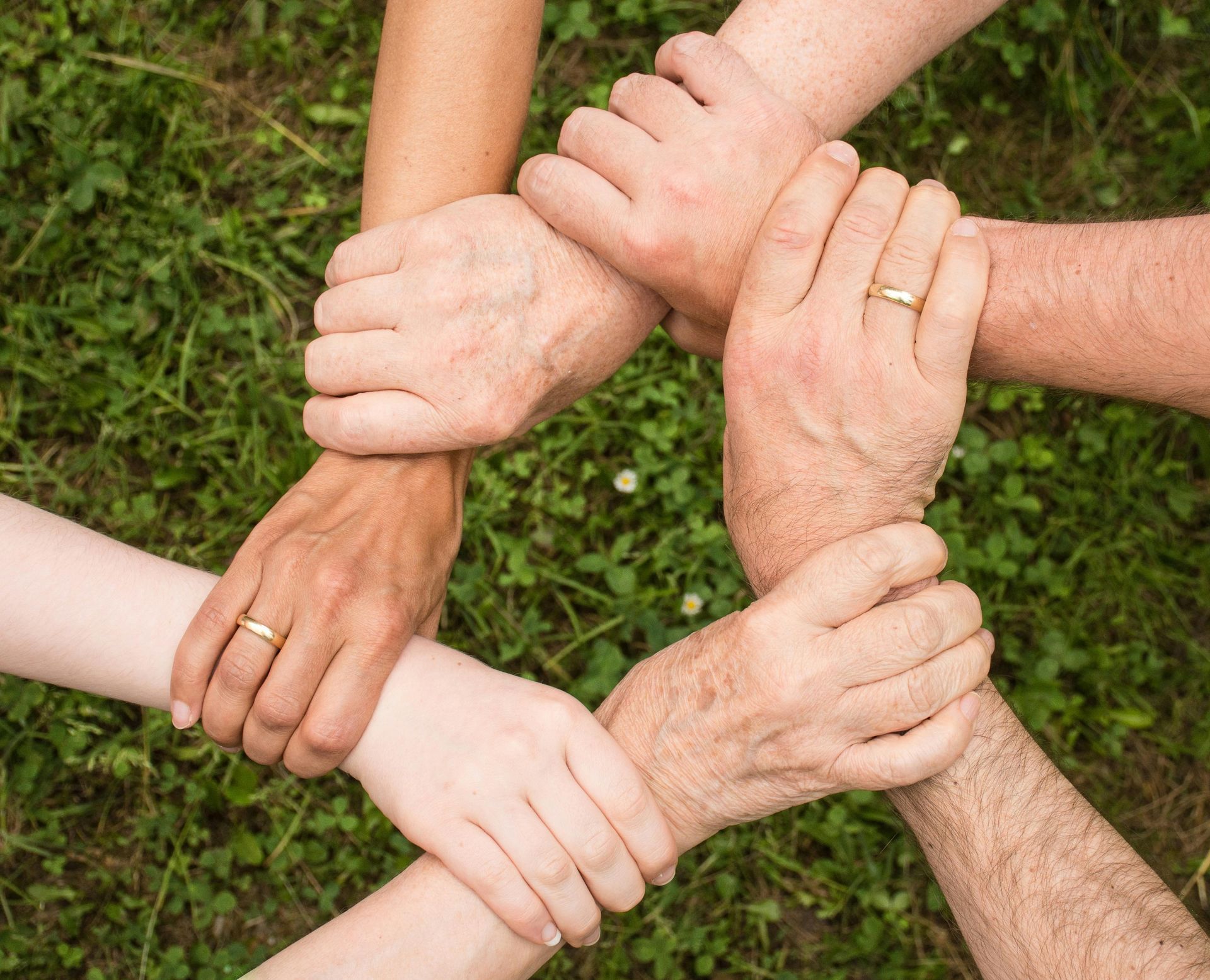Self-Less Help

In a world where stress, anxiety, and loneliness are increasingly common, practicing altruism—selfless concern for the well-being of others—can offer profound benefits for mental health. Acts of kindness and generosity not only help others but also create a positive impact on our own emotional and psychological well-being.
Understanding Altruism
Altruism is the act of helping others without expecting anything in return. It can be as simple as offering a listening ear, donating to a cause, or volunteering time to help those in need. Research suggests that altruistic behavior activates neural pathways associated with pleasure and reward, making it a powerful tool for enhancing mental health.
Mental Health Benefits
- Reduces Stress and Anxiety – Helping others can reduce stress levels by promoting feelings of happiness and purpose. Studies show that acts of kindness trigger the release of endorphins, which contribute to lower cortisol (stress hormone) levels (Post, 2005).
- Enhances Mood and Emotional Well-Being – Engaging in altruistic activities has been linked to increased dopamine and serotonin levels, which help regulate mood and combat symptoms of depression (Lyubomirsky, Sheldon, & Schkade, 2005).
- Increases Sense of Purpose and Fulfillment – Giving back fosters a sense of meaning, contributing to overall life satisfaction and psychological resilience.
- Strengthens Social Connections – Altruistic behavior encourages deeper social interactions, leading to stronger relationships and a greater sense of belonging, which in turn support mental well-being.
- Boosts Self-Esteem – Helping others reinforces a sense of self-worth and competence, leading to increased confidence and a positive self-image.
How to Incorporate Altruism into Daily Life
- Volunteer for a cause you care about – Whether at a shelter, hospital, or community organization, dedicating time to help others is highly rewarding.
- Practice small acts of kindness – Simple gestures like complimenting a colleague, helping a neighbor, or expressing gratitude can make a significant difference.
- Support mental health initiatives – Raising awareness and offering support to those struggling with mental health issues can be a powerful way to contribute.
- Be present and listen – Offering emotional support to friends and loved ones can strengthen relationships and enhance both their well-being and yours.
- Donate or contribute to charities – Financial support to causes that matter can create a meaningful impact, reinforcing a sense of purpose.
Altruism is a simple yet powerful way to improve mental health while making the world a better place. By engaging in selfless acts, individuals can enhance their happiness, reduce stress, and create stronger social connections. Making kindness a part of daily life is a win-win for both personal well-being and the greater good.
What act of kindness can you commit to today?
References
Lyubomirsky, S., Sheldon, K. M., & Schkade, D. (2005). Pursuing happiness: The architecture of sustainable change. Review of General Psychology, 9(2), 111-131. https://doi.org/10.1037/1089-2680.9.2.111
Post, S. G. (2005). Altruism, happiness, and health: It’s good to be good. International Journal of Behavioral Medicine, 12(2), 66-77. https://doi.org/10.1207/s15327558ijbm1202_4
Center for Psychological Health & Wellness
122 West Lancaster Avenue, Shillington, Pennsylvania 19607, United States
Phone 484-509-0499 Fax 484-324-6685
Please click this link to view the Center for Psychological Health and Wellness Privacy Policy for TCR Registration for SMS.
Copyright © 2024 Center for Psychological Health & Wellness - All Rights Reserved.

